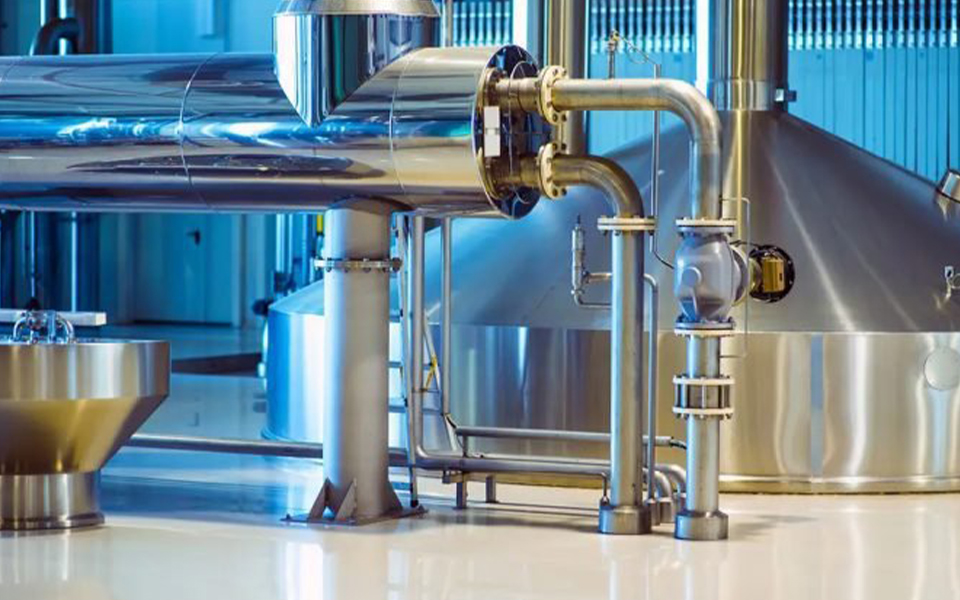INDUSTRY NEWS
Valves are used in the food industry
As an important device for fluid control, valves play a vital role in the food industry. In food processing, valves are not only used to regulate and control the flow of fluids, but also play an important role in ensuring product safety, improving production efficiency and maintaining hygiene standards.
First, in the food industry, valves can effectively control the flow of a variety of fluids, including liquids, gases and semi-solid substances. For example, in the beverage production process, valves are used to control the mixing ratio of water, syrup and gas to ensure product consistency and stability. In dairy processing, valves are used to regulate the flow of milk, enabling precise processing control and efficient production processes.
Secondly, the sealing performance and material of the valve are crucial to food safety. The food industry has strict requirements for hygiene standards, so valves are usually made of materials such as stainless steel that meet food safety standards to avoid rust and contamination. In addition, the design of the valve must ensure good sealing performance, prevent leakage and cross-contamination, and ensure the safety and quality of the final product.
Moreover, the convenience of the valve in cleaning and maintenance is also an important reason for its wide application in the food industry. Because food processing equipment requires regular cleaning, many valves are designed to be removable and easy to clean, such as sanitary butterfly valves and ball valves. This design not only makes routine maintenance easier, reduces production downtime, but also reduces the risk of cross-contamination, thereby improving product safety.
In addition, the development of automation technology has also promoted the application of valves in the food industry. Modern food production often uses automatic control systems to achieve precise control of fluid flow. Smart valves are equipped with sensors and control systems that monitor data such as flow, pressure and temperature in real time to ensure accuracy and stability in the machining process. Through automatic control, human intervention can be reduced, production efficiency can be improved, and the consistency of product quality can be ensured.
Finally, the application of valves in the food industry also involves different process requirements. For example, in the beer brewing process, valves are used to control the mixing of malt liquor and water and the fermentation process to ensure the unique flavor of the product. In the food canning industry, the valve is responsible for regulating the filling speed and accuracy of the bottled liquid to ensure the safety and stability of the product in the packaging process.

